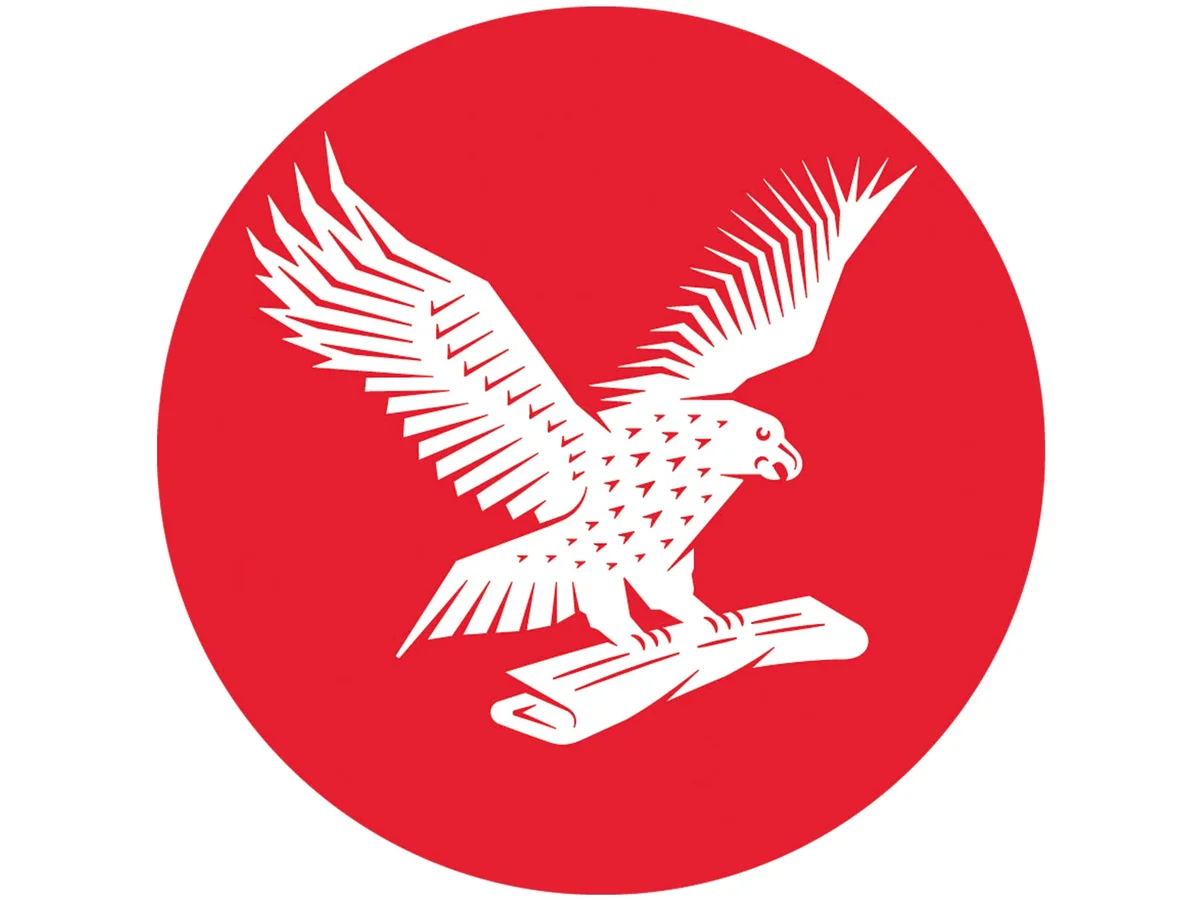A selection of our recent appearances in the UK media.

The Mirror
27 April 2023
Participants said Mr Sunak was a millionaire, his wife was a millionaire and that he's "got cash in all sorts of places".
Luke Tryl, UK director at More in Common, which conducted the research, said the focus group revealed the sense the PM was "just too rich to be in touch" with voters.
He said: "There's another group who say, 'oh he's so wealthy, he must be in politics for the right reasons, he can't be bought'. But more people are likely to say that, 'actually he just can't relate to my life'."

The Independent
26 April 2023
And the focus-group evidence is that undecided voters tend to see Sunak’s wealth as reflecting well on him, while paradoxically regarding Starmer as a member of the privileged elite. Luke Tryl of More in Common once reported a group that thought the Labour leader’s knighthood was the equivalent of a hereditary peerage.

Radio 4 Week in Westminster
22 April 2023
More in Common UK Director Luke Tryl discusses the two parties and the main priorities among voters in the lead-up to the May local council elections

The Spectator
19 April 2023
Op-ed by UK Director Luke Tryl: Poor taste,’ said Julie, ‘Really desperate,’ added Shawn. Mark thought it was ‘A low blow’ and Becky was simply ‘gobsmacked’. That was the verdict of our focus group participants in Erewash in Derbyshire last week when they were shown Labour’s controversial advert suggesting Rishi Sunak did not believe that those convicted of sexually assaulting children should go to prison.

Sky News
19 April 2023
Luke Tryl, UK director of research consultancy More in Common, said previous extreme tactics by groups like Extinction Rebellion had put some people off the climate movement. "In fact only 22% of the public say they think Extinction Rebellion has been a force for good, and there is a real danger that a further round of disruptive protests will ultimately do more harm than good for the cause of motivating climate action."

i news
19 April 2023
We are about half an hour into the Zoom discussion when the moderator asks: “Has anyone heard of any ads that the Labour Party have released in the last couple of weeks?”...I want to ask if they really, truly haven’t seen or heard a word about the one issue that felt unavoidable throughout the Easter weekend, but do not. More In Common invited me to listen in on their focus group, not participate.